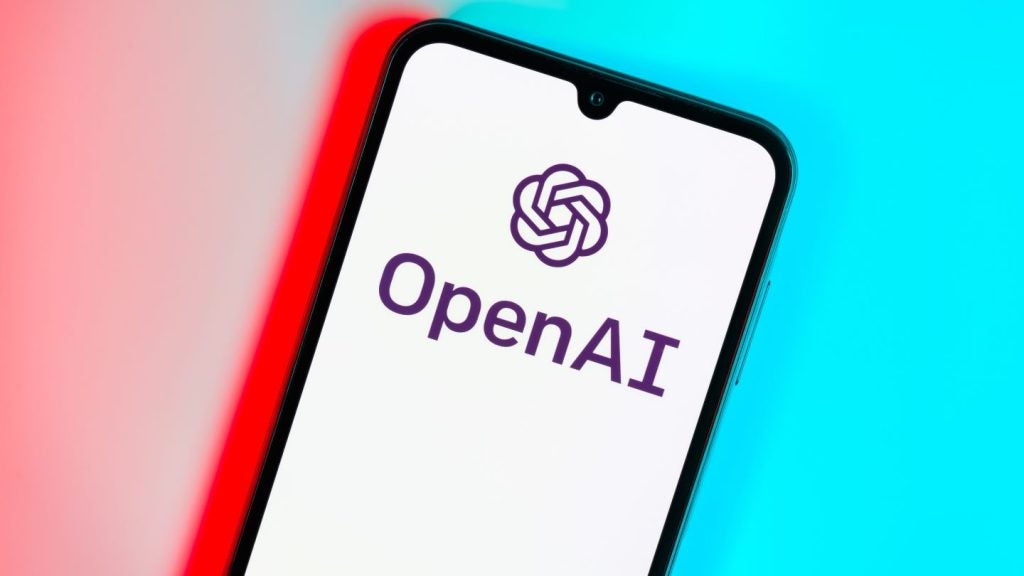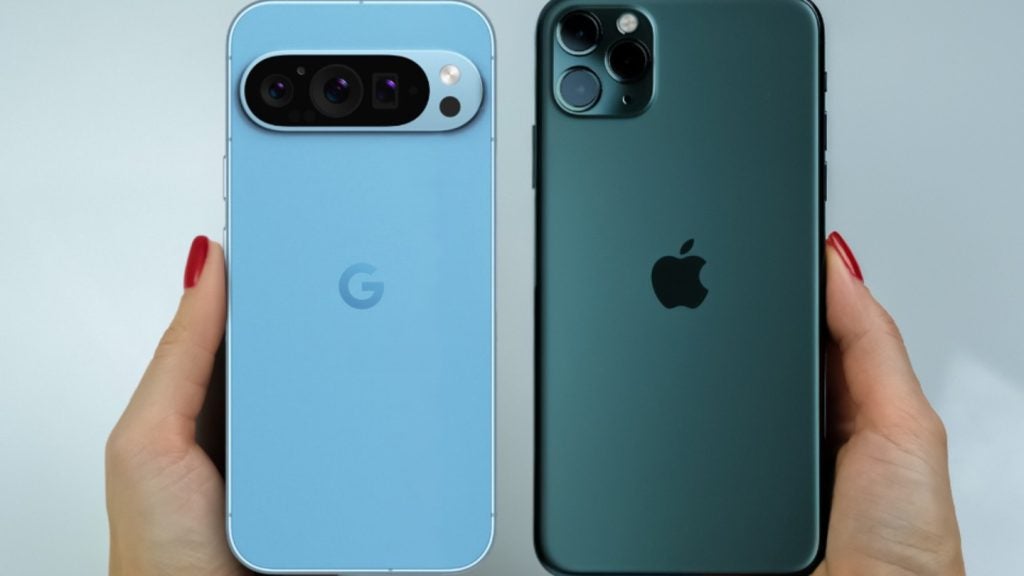Espionage is traditionally associated with James Bond and Cold War films, but life insurers have joined the spy game too.
And right now life and health insurers could be monitoring your every move — how you drive, what you eat, and even if you’ve brushed your teeth.
Insurers, who increasingly position themselves as so-called wellness companies, say that in return for consumers sharing the number of steps they have walked each day, or any healthy food they have eaten, their insurance premiums will typically be lower.
At face value, it would appear a win-win situation: policyholders are motivated to adopt healthier and more active lifestyles and insurers save money on claims.
However, that’s not the full story. For the sting of advances in technology could be felt by the poorest, the most vulnerable, and those deemed less healthy who could be left without any form of insurance cover.
Insurance cherry-picking could mean some get left behind
How well do you really know your competitors?
Access the most comprehensive Company Profiles on the market, powered by GlobalData. Save hours of research. Gain competitive edge.

Thank you!
Your download email will arrive shortly
Not ready to buy yet? Download a free sample
We are confident about the unique quality of our Company Profiles. However, we want you to make the most beneficial decision for your business, so we offer a free sample that you can download by submitting the below form
By GlobalDataIn the wrong hands, insurance data harvested from wearable technology trackers and mobile apps, for example, could create a two-tier society where insurers cherry-pick the best and most profitable customers — while hiking rates or even denying coverage to people who choose not to participate.
Rapid advances in data analytics and the popularity of wearable technology devices already allow insurers to track consumers’ physical activity and reward policyholders for buying healthy food.
Vitality, for example, has partnered with technology giant Apple and online grocer Ocado in deals that enable Vitality members to be rewarded for buying healthy food and staying active.
Members can track their activity via Apple Watch Series 2 to earn Vitality points.
They can also receive notifications to their Apple Watch Series 2 when they unlock Vitality Active Rewards, which include weekly Starbucks drinks and cinema tickets.
In the case of US-based Beam Technologies its dental insurance plan provides lower premiums to consumers with good brushing habits.
Beam also promises to avoid the frustration associated with the typical insurance enrollment by allowing people to sign up in under four minutes.
The application of wearable technology in insurance comes as several other technologies emerge, such as biometric, big data and genome testing.
Data misuse
That opens the door to possible misuse of data by insurers as well as the question of who owns the data? Does it belong to the consumer, the tech company or the insurer?
It’s easy to see why insurers are attracted to applying wearable technology, in the same way as there is significant interest in the insurance industry in collaborating with digital healthcare providers. Both technologies help to attract better risks and can be a proxy for someone who is very healthy.
There are many benefits to these innovations, but it’s also crucial that insurers are completely transparent about how policyholders’ data is used and that consumers have the option to opt in / out of sharing their data, without being penalised.








Related Company Profiles
Starbucks Corp
Apple Inc